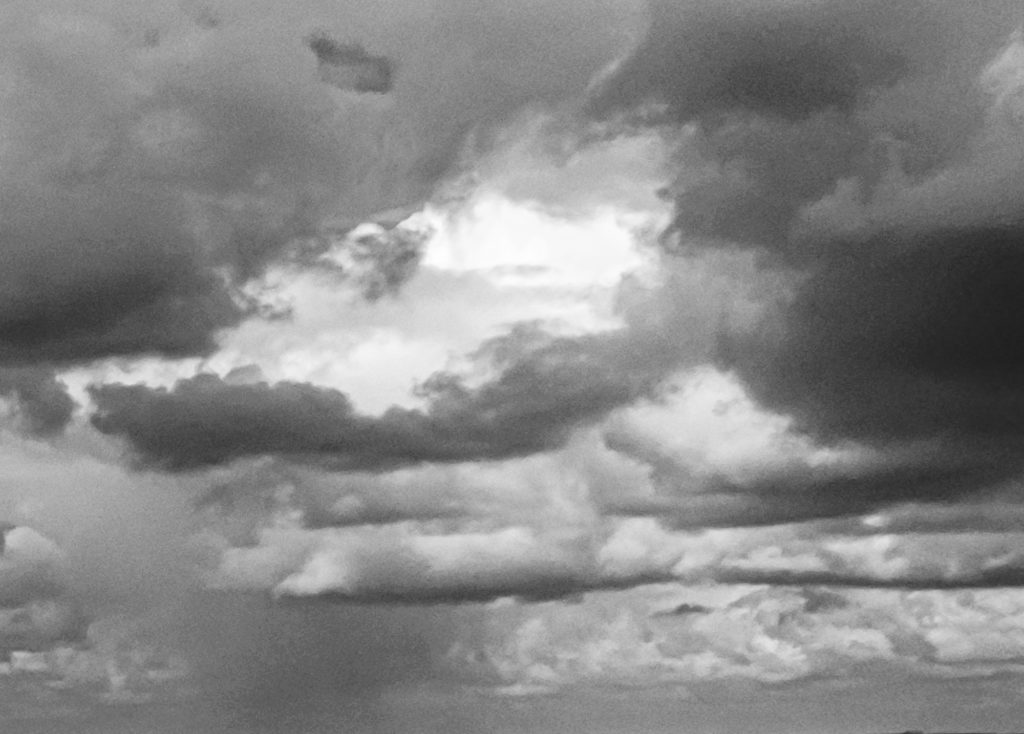‘In the year 3535
Ain’t gonna need to tell the truth, tell no lies
Everything you think, do, and say
Is in the pills you took today’ – In the Year 2525 by Zager and Evans, 1969.

Lyricist Rick Evans gave mankind 10,000 years. The lyrics of this ballad forecast we’d become toothless during the fourth millennium and be displaced by machines in the fifth. The song suggests it’d take until the ninth for mankind to consume the planet. Time magazine were so astounded by the message they put the duo on a cover. OK, they really put them on the cover because the song topped the global pop charts. But what is truth in these days of reinvention, of opinions and populism?
‘Now, as in Geometry the oblique must be known as well as the right, and in Arithmetic the odd as well as the even, so in the actions of our life who seeth not the filthiness of evil wanteth a great foil to perceive the beauty of virtue.’ An Apology For Poetry by Sir Philip Sidney, 1595.
I wonder what Sidney would have made of our stewardship of the planet in the four centuries since his death. His essay wasn’t even published until some 15 years after his death so perhaps his Elizabethan world of fewer than half a billion people was less pressed for time than ours.
Even as recently as 1969, I suspect Zager and Evans would not have been able to comprehend the pace at which mankind has undermined truth, came to rely on machines and consumed the planet. I’m guessing that Evans, who died in 2018, was pleased by his rallying call as must be Zager, who wrote the music, and is today still in running his guitar shop in Nebraska.
Sidney probably wouldn’t have expected that man would be walking on the moon by 1969. Nor is it likely that he could he have imagined how one song (or poem) would sell 100 million times. I doubt Sidney could have known there were 500 million people sharing the planet with him. His elite didn’t yet know the extent of the world they aspired to rule.
We know that young birds beg for food from their parents. Some observers of bird behaviour surmise that only chicks in dire need should be willing to expend the energy to secure food. Other observers consider that some chicks are better at lying. Evolutionary biologist John Maynard Smith developed the the Sir Philip Sidney game as a model for begging behaviour. He named it after Sidney who, so the story goes, took off a thigh guard to make his armour equal to that of his soldiers. Then fatally wounded, he declined a drink of water saying ‘thy necessity is yet greater than mine’.
I don’t know what is true. What I read is that subsequent and current studies of chick behaviour indicate they do better by remaining honest.
Perhaps, for chicks at least, the beauty of virtue trumps the filthiness of evil.

Leave a Reply